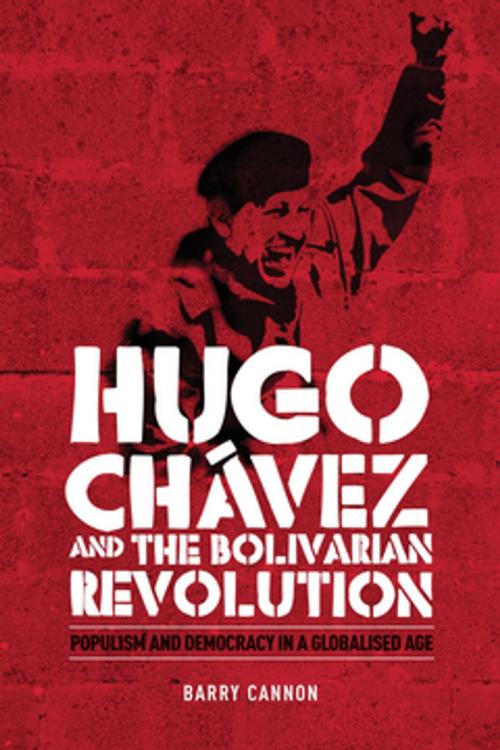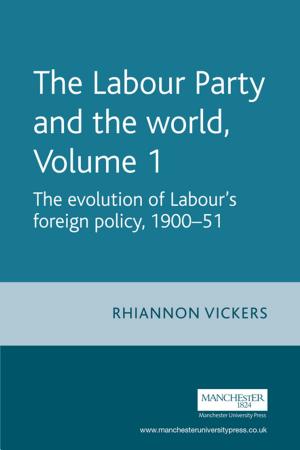Hugo Chávez and the Bolivarian Revolution
Populism and democracy in a globalised age
Fiction & Literature, Poetry, British & Irish, Nonfiction, Social & Cultural Studies, Political Science, International, International Relations| Author: | Barry Cannon | ISBN: | 9781847797193 |
| Publisher: | Manchester University Press | Publication: | July 19, 2013 |
| Imprint: | Manchester University Press | Language: | English |
| Author: | Barry Cannon |
| ISBN: | 9781847797193 |
| Publisher: | Manchester University Press |
| Publication: | July 19, 2013 |
| Imprint: | Manchester University Press |
| Language: | English |
The emergence of Hugo Chávez in Venezuela has revived analysis of one of Latin America’s most enduring political traditions – populism. Yet Latin America has changed since the heyday of Perón and Evita. Globalisation, implemented through harsh IMF inspired Structural Adjustment Programmes, has taken hold throughout the region and democracy is supposedly the ‘only game in town’. This book examines the phenomenon that is Hugo Chávez within these contexts, assessing to what extent his government fits into established ideas on populism in Latin America. The book also provides a comprehensive and critical analysis of Chávez’s emergence, his government’s social and economic policies, its foreign policy, as well as assessing the charges of authoritarianism brought against him. Written in clear, accessible prose, the book carries debate beyond current polarised views on the Venezuelan president, to consider the prospects of the new Bolivarian model surviving beyond its leader and progenitor, Hugo Chávez.
The emergence of Hugo Chávez in Venezuela has revived analysis of one of Latin America’s most enduring political traditions – populism. Yet Latin America has changed since the heyday of Perón and Evita. Globalisation, implemented through harsh IMF inspired Structural Adjustment Programmes, has taken hold throughout the region and democracy is supposedly the ‘only game in town’. This book examines the phenomenon that is Hugo Chávez within these contexts, assessing to what extent his government fits into established ideas on populism in Latin America. The book also provides a comprehensive and critical analysis of Chávez’s emergence, his government’s social and economic policies, its foreign policy, as well as assessing the charges of authoritarianism brought against him. Written in clear, accessible prose, the book carries debate beyond current polarised views on the Venezuelan president, to consider the prospects of the new Bolivarian model surviving beyond its leader and progenitor, Hugo Chávez.















